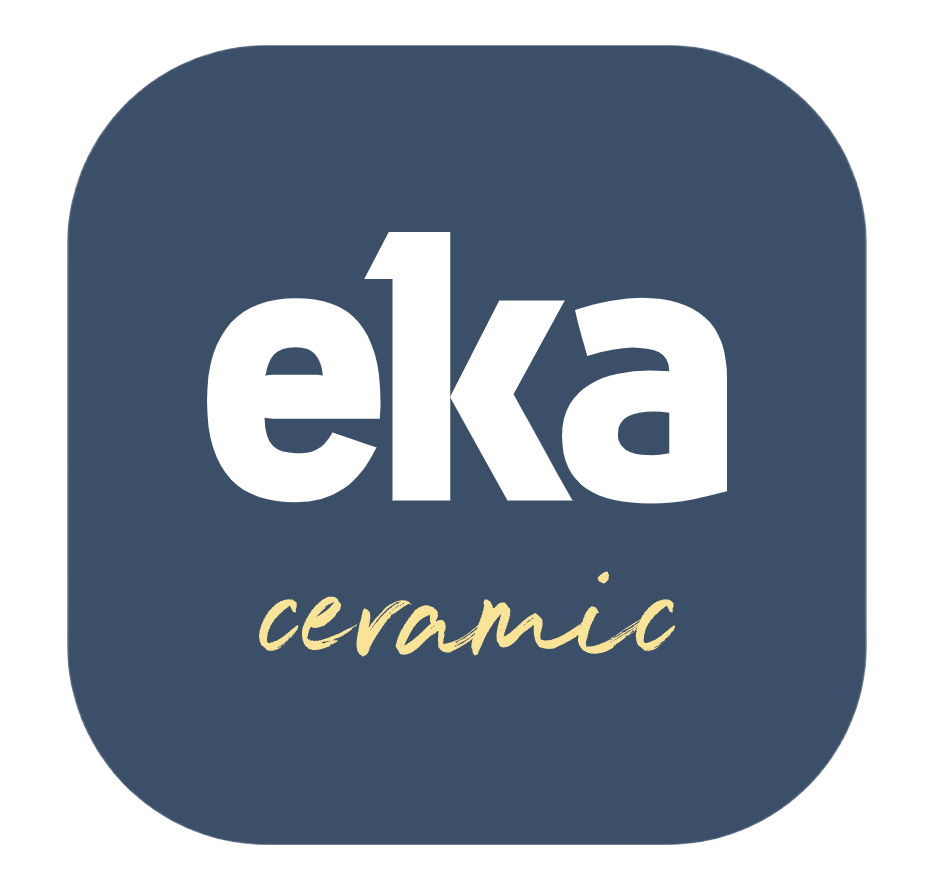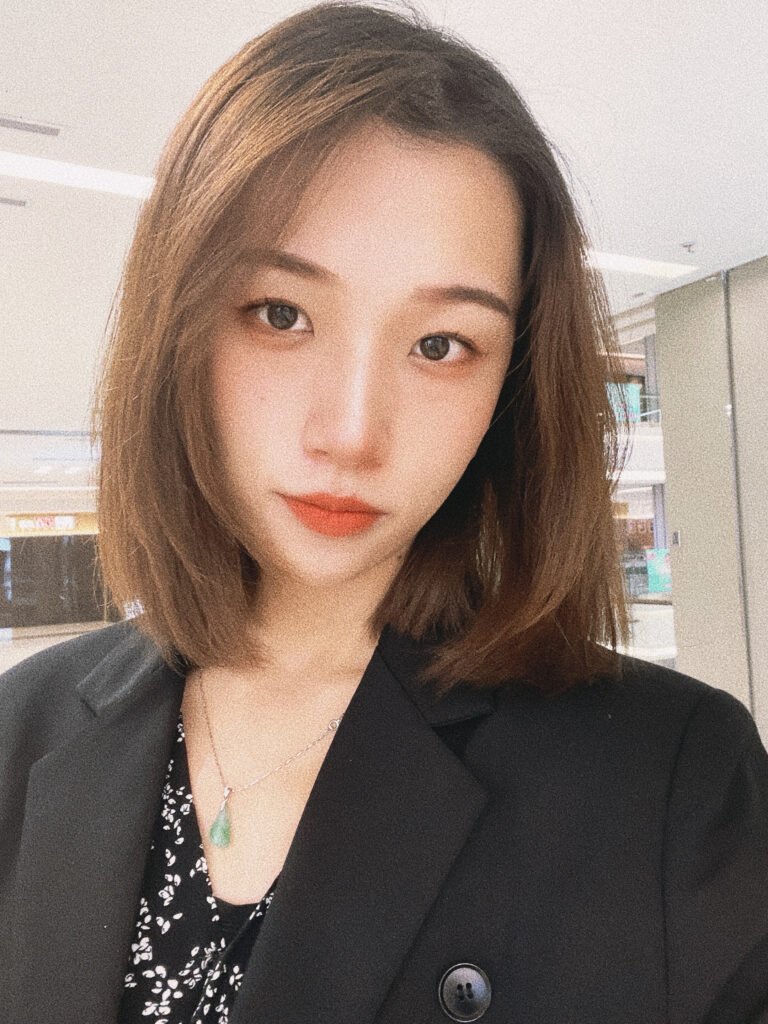Arabic coffee (Qahwa) is more than a beverage—it is a ritual of hospitality, respect, and heritage. Whether you’re hosting a Majlis gathering or simply enjoying a quiet moment at home, the right Arabic coffee cup (or Finjan) enhances the experience. From gilded porcelain finishes to minimalist ceramic styles, the design of a coffee cup matters as much as the flavor it contains.
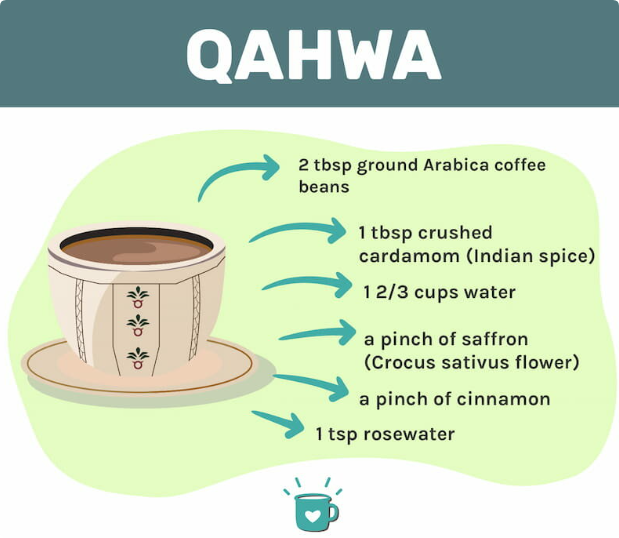
This article explores eight distinct Arabic coffee cup styles that are perfect for traditional gatherings and modern settings alike. We’ve also included a comparison table to help you understand their aesthetic value, usage scenarios, and cultural relevance.
Why Arabic Coffee Cups Matter in Cultural Gatherings
In many Middle Eastern homes, Arabic coffee is served to guests as the first gesture of welcome. But it’s not just about the coffee—the vessel carrying it speaks volumes. Whether it’s a hand-painted porcelain cup with geometric motifs or a sleek modern ceramic set, your choice of coffee cup reflects your taste, your heritage, and your respect for tradition.
Naturally, global interest in modern Arabic coffee cup sets for hospitality use is rising. This growing demand has led many ceramicware producers and brands to explore updated takes on traditional styles.
8 Arabic Coffee Cup Styles Worth Sourcing in 2025
Below are eight Arabic coffee cup styles from reputable brands, offering a balance between tradition and trend, form and function.
1. Bilarabi Gold Rimmed Porcelain Cups – UAE
Known for its modern Arab identity, Bilarabi offers porcelain Arabic coffee cups etched with gold calligraphy accents. These cups combine heritage poetry with a refined modern form. They’re a favorite for Majlis events and luxury gift boxes.
2. Silsal Fragrance Motif Cups – Saudi Arabia
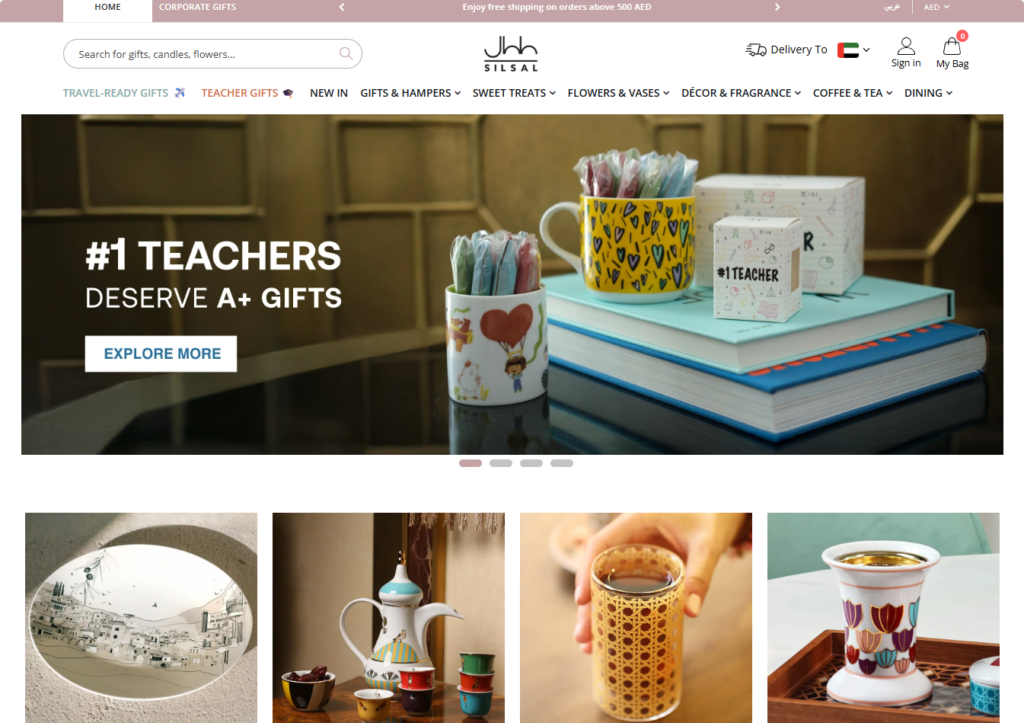
Silsal is celebrated for its fusion of Arabesque patterns with bold modern designs. Their Arabic coffee cups often feature incense motifs or abstract falcons—symbolic of Gulf culture. These are often sold as part of gift sets.
3. Zuleya Handmade Ceramic Cups – Oman
Zuleya focuses on Omani craftsmanship. Their hand-painted ceramic Arabic cups are glazed in earthy tones with tribal prints. These are especially popular in eco-conscious gatherings or boho-style homes.
4. Naseej Minimalist Matte Cups – Jordan
Naseej represents the minimal modern look. Their matte ceramic Arabic coffee cups feature no ornamentation—just rich natural pigments and clean lines. They’re increasingly used in boutique cafés across Amman and Dubai.
5. Mizyan Gilded Glass Cups – Kuwait
Mizyan fuses glassware with Arabian elegance. Their cups are clear, lightweight, and often rimmed with 24K gold. Some feature mother-of-pearl inlays or delicate etching.
6. Lazurde Pearl-Tone Ceramic Cups – Qatar
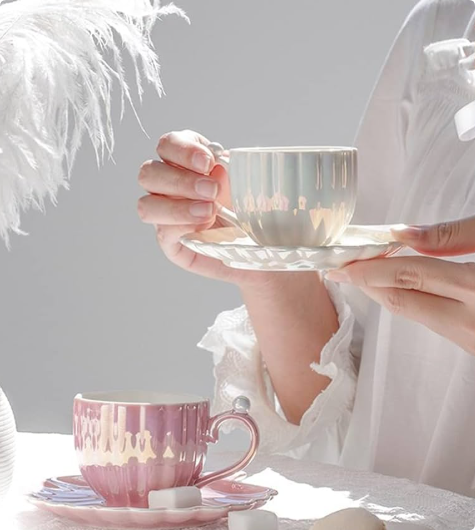
Lazurde may be better known for jewelry, but their home collection includes pearl-tone ceramic Arabic cups that shimmer under light. Often used during high-end Ramadan iftars or weddings.
7. Alwan Al Qahwa Colored Cup Sets – Bahrain
“Colors of Coffee,” as Alwan Al Qahwa translates, is known for its brightly painted cups—reds, blues, and greens—ideal for family gatherings and Eid celebrations.
8. Shamsa Geometric Porcelain Cups – Lebanon
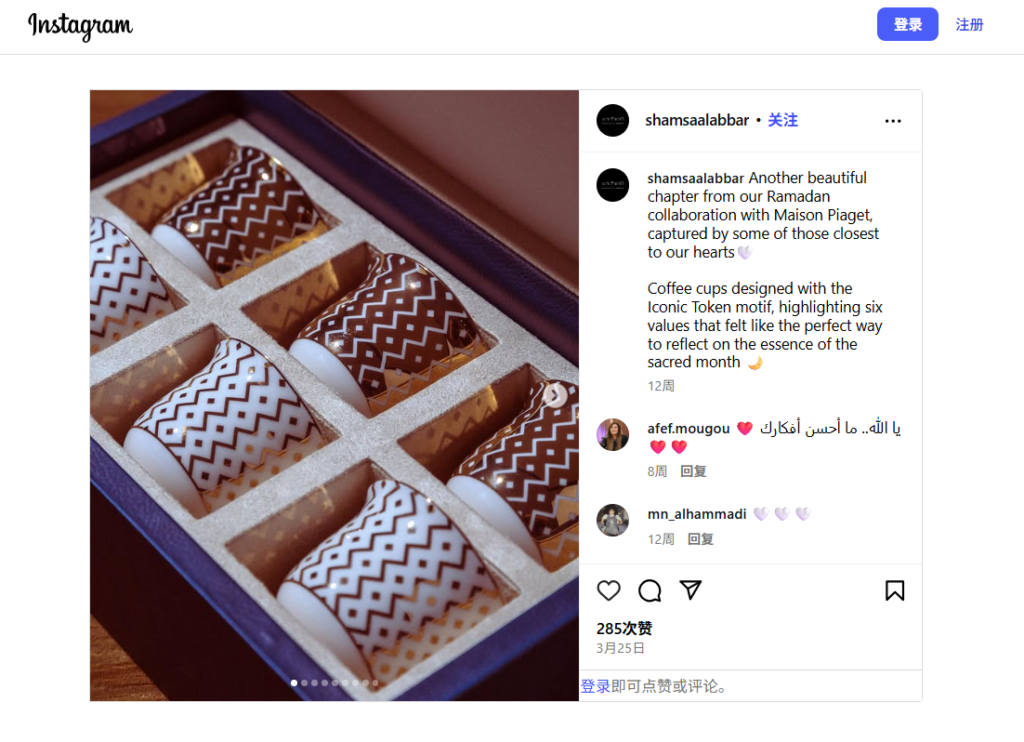
Beirut-based Shamsa blends Levantine geometry with modern porcelain silhouettes. These cups often feature tessellation patterns in muted gold and indigo tones—popular in gift shops and online boutiques.
Comparison Table: Which Arabic Coffee Cup Style Suits You Best?
| Brand Name | Style Focus | Material | Best Use Case | Cultural Appeal |
|---|---|---|---|---|
| Bilarabi | Gold calligraphy accents | Porcelain | Formal guest hosting | Emirati poetic themes |
| Silsal | Arabesque motifs & fragrance | Porcelain | Ramadan or gifting | Saudi luxury heritage |
| Zuleya | Earthy handmade designs | Ceramic | Boho or eco gatherings | Omani tribal aesthetics |
| Naseej | Minimal matte tones | Ceramic | Boutique cafés | Jordanian simplicity |
| Mizyan | Gold-rimmed glass | Glass | Wedding functions | Kuwaiti opulence |
| Lazurde | Pearl shimmer finish | Ceramic | Ramadan iftars & weddings | Qatari elegance |
| Alwan Al Qahwa | Bold color palettes | Porcelain | Eid & festive gatherings | Bahraini vibrance |
| Shamsa | Geometric luxury designs | Porcelain | Premium gifting | Levantine precision |
Choosing the Right Arabic Coffee Cup for Your Business
For hospitality businesses, event planners, or online retailers, sourcing Arabic coffee cups isn’t just about aesthetics. You should also consider:
- Material durability for repeated use
- Design uniqueness for resale value
- Cultural alignment for specific regional customers
- Scalability for bulk purchasing or white-label branding
As the demand for culturally inspired ceramic coffee cups grows across Europe, the U.S., and the Gulf, many boutique brands are looking to partner with ceramicware factories that can offer custom Arabic coffee cup production in bulk, with flexible design adaptation.
FAQ – People Also Ask
Q1: What is a Finjan in Arabic coffee culture?
A Finjan is a small, handleless cup traditionally used to serve Arabic coffee. It’s central to Gulf and Levantine hospitality customs.
Q2: How many cups of Arabic coffee should be served?
Traditionally, Arabic coffee is served in small amounts—one to three cups per guest—refilled continuously during a gathering.
Q3: Are Arabic coffee cups microwave safe?
Most ceramic and porcelain Finjans are microwave safe, but gold-rimmed or glass versions should not be microwaved.
Q4: What is the difference between Arabic and Turkish coffee cups?
Arabic cups (Finjans) are smaller, handleless, and often ornately decorated. Turkish cups usually have handles and are slightly larger.
Q5: Can I order customized Arabic coffee cups with my brand logo?
Yes. Many ceramic factories offer OEM & ODM services to customize Arabic coffee cups for your brand or event.
A Cultural Vessel with Modern Potential
From the golden elegance of Kuwaiti cups to the earthy authenticity of Omani ceramics, Arabic coffee cups are no longer just traditional accessories—they are cultural statements with growing global appeal.
For ceramic brands, gift sellers, or coffee shop owners looking to customize Arabic coffee cup sets for their market, partnering with a reliable production facility is essential.
